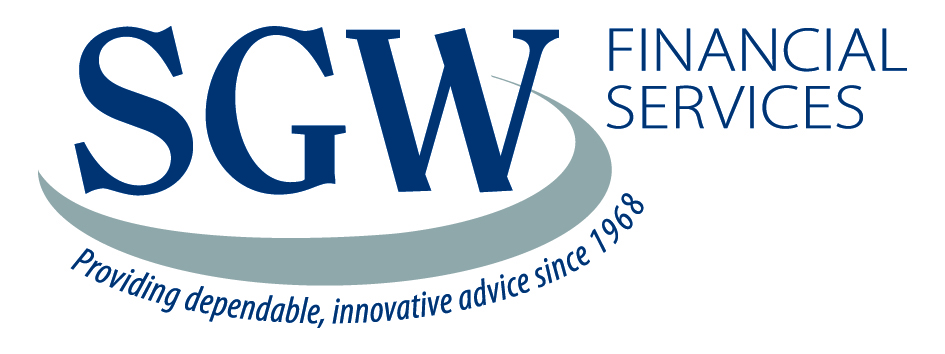Ever wondered what retired Australians wish they’d done differently earlier in life? Find out more here.
Life is a series of moments. The day you get married. The day you take the keys to your first home. The day your child comes into the world. The day you wake up retired for the first time.

When it comes to something as big as retiring after a lifetime of hard work, it’s hard to get all the decisions right. So it’s natural to want your time over again. After all, hindsight is a wonderful thing.
Investment Trends put together a regular Retirement Income Report that gives a fascinating insight into how Australians are getting ready for life after work.
The top three changes people would make are all about saving more and saving for longer.
1. 44% said they should have made extra (or earlier) super contributions.
2. 25% said they should have started investing earlier in life.
3. And 24% said they should have saved more outside super.
Here are some of the other changes people would make about their planning and saving for retirement if they were starting their working life again.
4. Learn more about my finances
5. Retire later
6. Buy an investment property sooner
7. Learn more about how much I need in retirement
8. Get financial advice from a financial adviser
9. Buy a home sooner
10. Leave more money in super when I retire
11. Invest in safer assets
12. Learn more about how much I could receive in retirement
13. Consolidate my super funds earlier
14. Change investment options within super
15. Buy insurance sooner
16. Get financial advice from my super fund
17. Change super funds
18. Invest in riskier assets1.
Postcards from retirement
On the face of it, the good news for those of us approaching retirement is that just over half the people surveyed said they ended up retiring earlier than they had expected. But unfortunately, this wasn’t necessarily a planned choice, with health issues and redundancy cited by many respondents.
It shows that your retirement planning needs to be flexible enough to take into account unexpected illness or a change in your job situation before your intended retirement age.
And what about the rest of the survey respondents who ended up retiring later than they expected? A slim majority (55%) actively wanted to stay in the workforce, either full-time or part-time, while others cited financial reasons.
-
20% said they didn’t have enough money to live comfortably
-
10% said they wanted to save more and rely less on the age pension
-
8% said their investments hadn’t performed as they expected
-
6% said they still had debt to pay off
-
And 4% needed to support their children financially for longer.
Retirement worries
AMP recently asked retired Australians what worried them the most in retirement. Again, the responses were varied—everyone has their own individual story. But what shone through were three overriding concerns—health, family and money.
-
“Lack of purpose.”
-
“Children and security and old age and health.”
-
“Will my accumulated saving last?”
-
“If I will outlive my money…in particular cost of electricity and health costs.”
-
“Having enough income to live the lifestyle I live at present.”
-
“Making sure we have sufficient means to live with dignity.”
-
“Losing my independence.”
-
“Having to balance risk and return with investments.”
-
“Ensuring we have enough money to live on and ensuring the family is looked after.”
-
“Running out of money too soon.”
What do I need to know before I retire?
The Retirement Income Report highlights the fact that Australians who feel better informed about their retirement tend to feel better prepared for it.
There were four main areas that people were keen to get more information on how to better prepare for life after work.
1. General retirement adequacy—how much money they’ll need to retire on
2. How to manage their finances in retirement
3. Old age issues
4. Using their home to fund retirement and insurance.
The most common sources people are turning to for expert assistance are financial advisers (35%), super funds (28%) and accountants (13%).
Ways to plan for retirement
Like any new chapter in your life, preparation can go a long way, so there’s no time like the present to start planning for your retirement. Here are some tips to get you started:
-
Read a quick checklist to help you get ready for retirement.
-
Work out how much money you might have and how long it will last in retirement
-
And if you’re looking for some inspiration about how to approach retirement, watch Adam Spencer travel around Australia to hear some valuable words of wisdom .
Mind you, with all this looking back, it’s heartening to know from the Retirement Income Report that one in four Australians wouldn’t change a thing…even with the benefit of hindsight2.
Please contact us on 02 6947 2866 if we can be of assistance on this topic.
1 Investment Trends. Retirement Income Report, October 2016.
2 Investment Trends. Retirement Income Report, October 2016.
Important information:This information is provided by AMP Life Limited. It is general information only and hasn’t taken your circumstances into account. It’s important to consider your particular circumstances and the relevant Product Disclosure Statement or Terms and Conditions, available by calling 13 30 30, before deciding what’s right for you. Read our Financial Services Guide for information about our services, including the fees and other benefits that AMP companies and their representatives may receive in relation to products and services provided to you. All information on this website is subject to change without notice. Although the information is from sources considered reliable, AMP does not guarantee that it is accurate or complete. You should not rely upon it and should seek professional advice before making any financial decision. Except where liability under any statute cannot be excluded, AMP does not accept any liability for any resulting loss or damage of the reader or any other person
